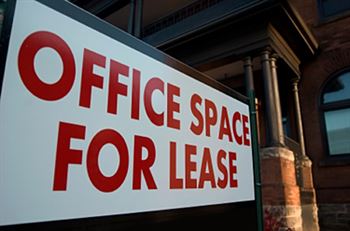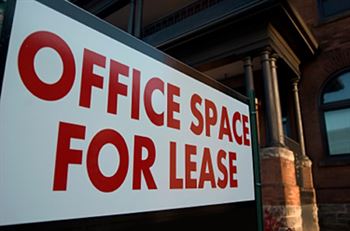
Finding a suitable place for your business is an exciting process. Once you have found a location that’s worth pursuing, you need to determine the true cost of the rental first.
What is true cost and how is it different from the monthly rental rate?
The monthly rent of most commercial spaces consists of a figure that is made up of different factors calculated to form a single sum. There are also other expenses that need to be taken into account which may not be formally part of the rent, but is regularly paid to feel like rent anyway.
To determine the true cost of a rental, you must gain an understanding of the measurement of the place from the perspective of the landlord. The rent computation you are being given must also be taken into consideration, along with two or more comparisons among other places you’ve visited.
Here are five tips to determining the true cost of leasing a commercial space.
- Determine the cost per square foot
Commercial space rental, often computed on a cost-per-square-foot basis, is oftentimes measured differently. It is important to understand how the final amount came to in order to determine whether or not you will be getting the most space out of your money.
- Determine the fees for shared facilities
Common areas such as elevator shafts, hallways, lobbies, bathrooms, and parking lots don’t necessarily come for free. You, together with other tenants, may share them. Ask the landlord about the fees to use these facilities and don’t automatically assume you can use them for free.
- Consider how much of the space can actually be utilised
Layout is very important when you are leasing a commercial space. It will determine how much of the actual space is usable. Awkward angles, narrow corridors, and the like are not very useful compared to open areas. Note that not all commercial areas are well-designed, and if you’re being charged extra for a poor layout, you should try to negotiate the price.
- Ask about additional rent
Commercial leasing is very different from renting a residential property. In commercial, rent is not always fixed. Rarely, you may be asked to pay additional rent. This is to cover operating expenses like for maintenance, insurance, or property taxes. Find out about these add-ons before you agree to sign anything and wherever possible, NEGOTIATE.
- Ask about percentage-rent
You’ll also need to find out whether the landlord will be getting a percentage of your profits. This is known as percentage rent, and it goes on top of the monthly rent.
Consult with a commercial property broker Victoria to know more about listings in your area and to get your hands on the best deals available.



